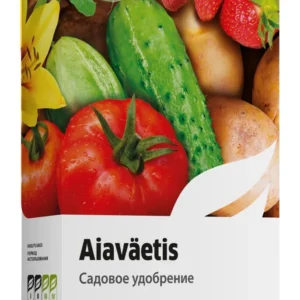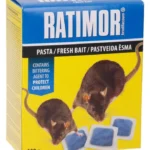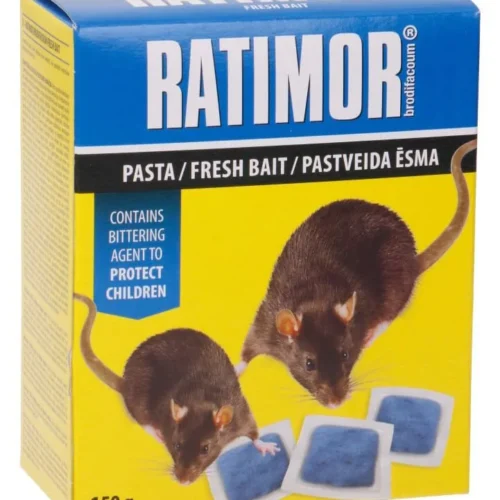- White mustard is cultivated as a cider plant both outdoors and in greenhouses after harvesting potatoes, vegetables or annuals.
- Mustard can be sown throughout the season and its seeds germinate extremely quickly.
- So even after a late harvest, the soil can be improved.
- Its essential oils are excellent soil disinfectants.
- The application rate for green manure is 20 kg to 25 kg per hectare.
- 4 kg about 2000 m2
White mustard is a versatile plant with many uses. Here are some of the main areas where white mustard is used:
- Green manure:
- White mustard is often sown after other crops have been harvested to improve soil structure and fertility.
- Mustard grows quickly and its roots break up compacted soil, improving air and water permeability.
- The above-ground part of the mustard is rich in organic matter, which increases the humus content of the soil when it is infiltrated.
- In addition, the roots and tops of white mustard contain a wide variety of nutrients that, when incorporated into the soil, greatly improve soil fertility.
- Weed control:
- White mustard grows quickly and densely, smothering weeds.
- Substances released from mustard roots inhibit the germination of some weed seeds.
- Nematode control:
- White mustard is effective in controlling some soil-dwelling nematodes.
- Substances released from mustard roots are toxic to nematodes.
- Soil disinfection:
- The essential oils of white mustard disinfect the soil.
- The messenger:
- The flowers of white mustard are a good herb.
- In cooking:
- Mustard seeds are used as a spice and to make mustard.
- Young mustard leaves can be used in salads.
Growing white mustard is an easy and affordable way to improve soil health and weed control.


































Reviews
There are no reviews yet.